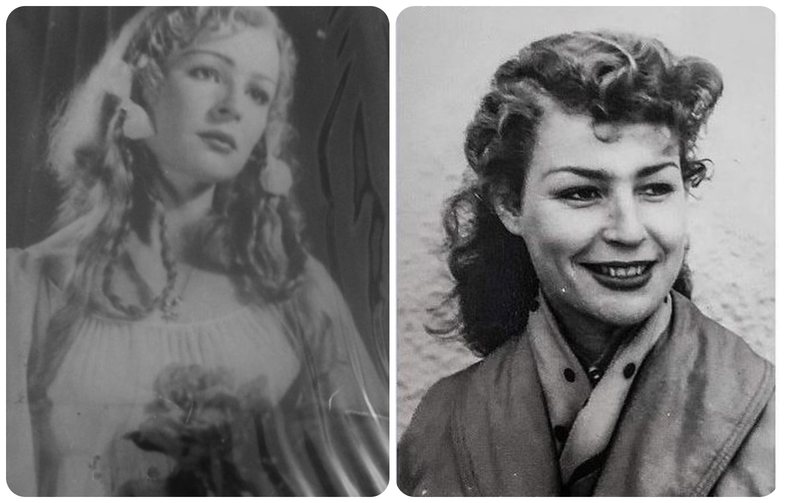
Margarita Xhepa, one of the greatest actresses of the Albanian stage, passed away at the age of 91, leaving behind a rich artistic legacy. Known for her powerful performances and warm voice, Xhepa was an icon of Albanian theater and cinema, beloved by the public and respected by entire generations of actors.
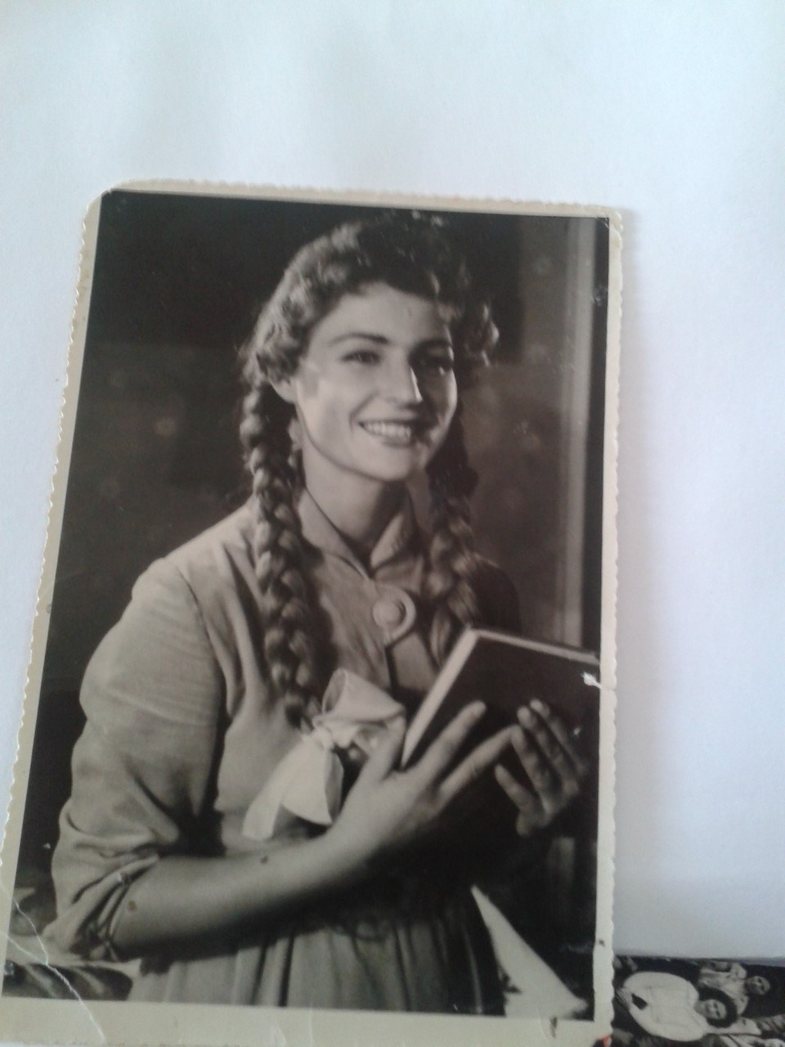
Childhood and the path to acting
Born on April 2, 1934 in Lushnja, Xhepa grew up in a family that experienced the loss of her mother when she was only nine years old. From childhood, she found solace in poetry, developing an early love for art. A teacher encouraged her to pursue acting, and it soon became clear that she had talent.
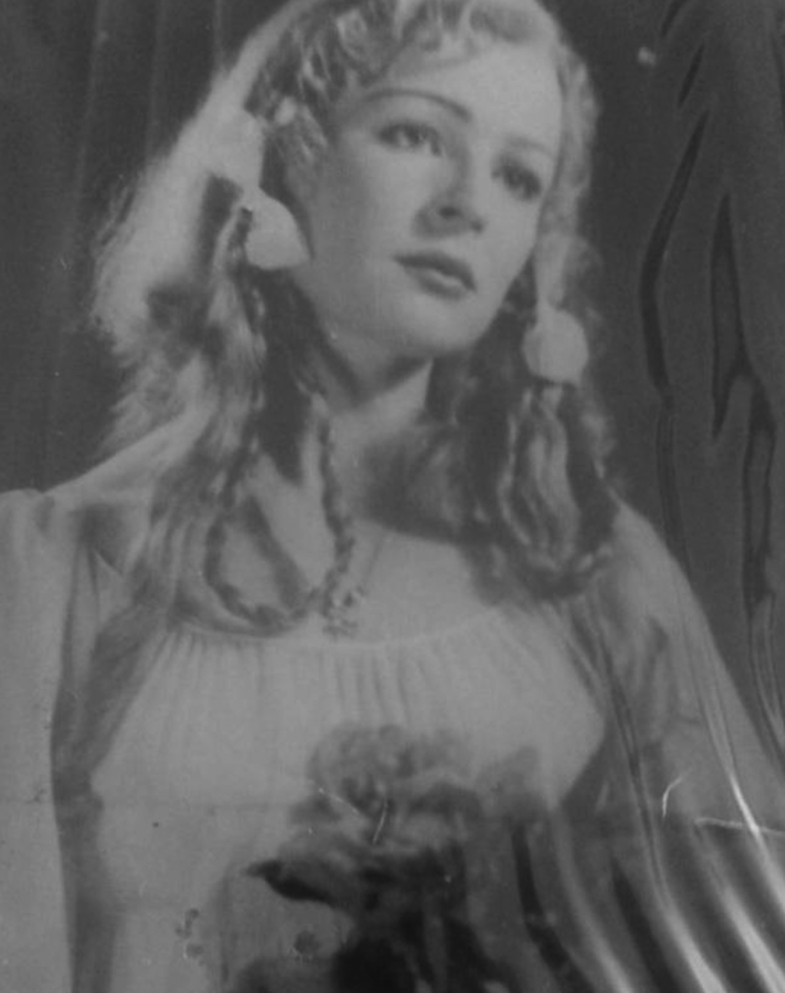
At that time, a drama teacher in Lushnje was looking for a young girl for a special role. When he saw Margarita, with her blonde hair and blue eyes, he immediately chose her for the role of a young Russian girl in a theater play. The play was so successful that it was also performed in Fier and Berat, giving the actress a sign that she should pursue a career in theater.
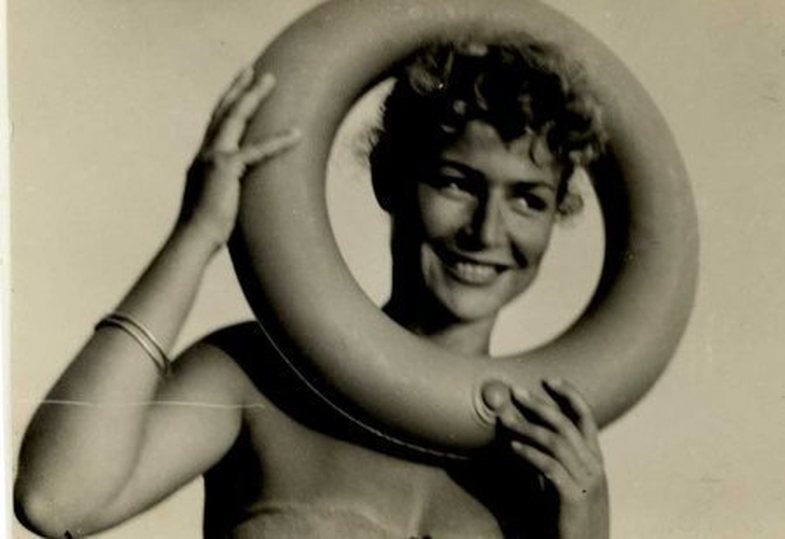
After finishing primary school, she applied to the Drama department of the Tirana Artistic High School. Here, she began to shape the unique acting style that would later make her one of the country's most popular actresses.
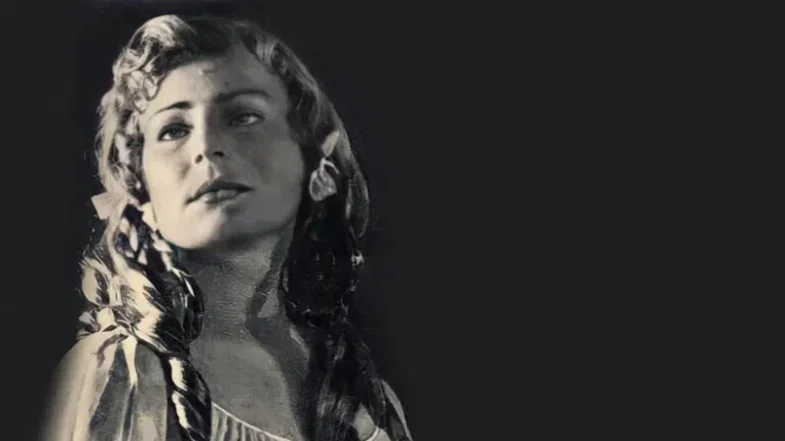
Powerful roles
In a career that included over 150 theatrical roles and more than 30 films, Margarita Xhepa brought to life some of the most complex and memorable characters in Albanian and world dramaturgy. On the Albanian stage, she stood out in roles such as Dafina in "Lumi i durch", Filja in "Cuca e maleve", Zonja Mëmë in "Kush e solli Doruntinan", Shano in "Gjenerali i herëtësi së durchë", etc.
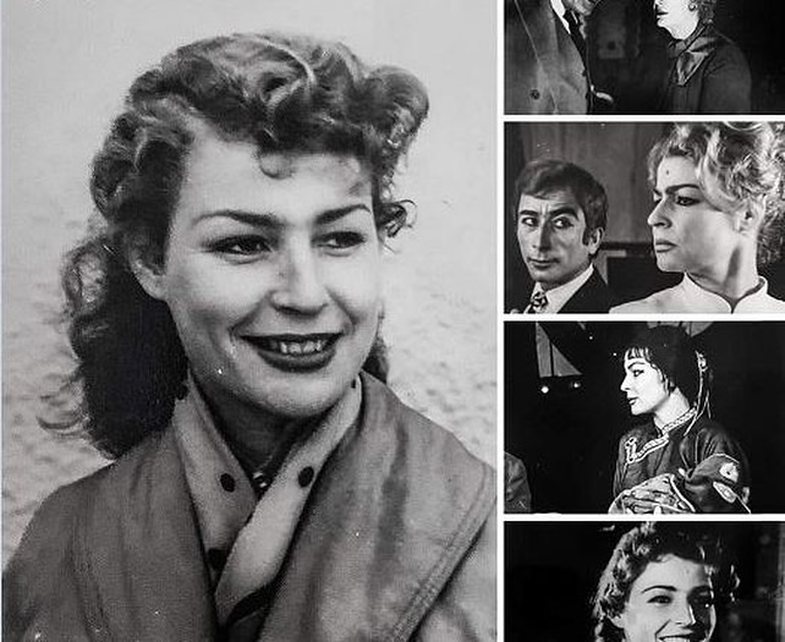
She also played characters from world literature, brilliantly interpreting Ophelia in “Hamlet” (Shakespeare), Queen Margaret in “Richard III” (Shakespeare) or Dado in “Elektra” (Sophocles). Some other roles from world drama that stood out are Lena in “Uncle Vanya” (Chekhov), Anna Andreyevna in “The Inspector General” (Gogol), Lady Milford in “Louise Miller” (Schiller), etc. Her ability to convey complex emotions made her one of the most popular actresses of the National Theatre for decades.
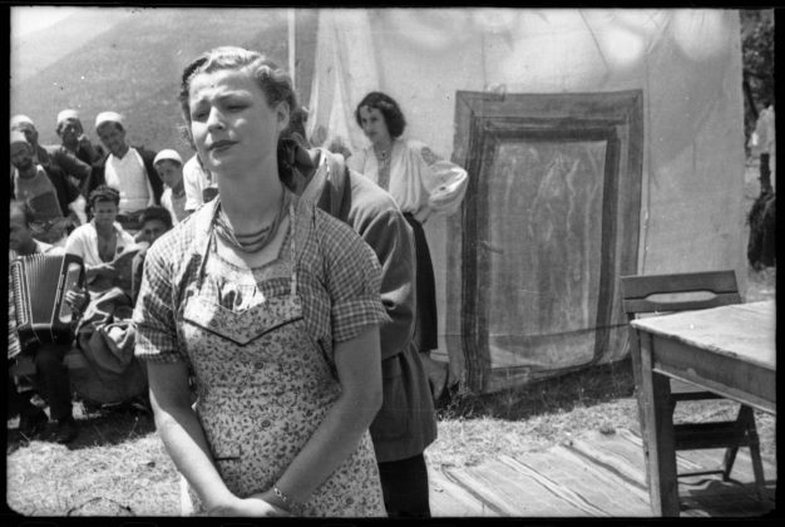
Movies that made history
In cinematography, Xhepa performed in films that remained in the public's memory, such as "The Early Years" (Zyraka), "The Last Winter" (Shano), "The Forest of Freedom" (Mother Katja), "Concert in 1936" (Eleni Jankollari), "General Gramofoni" (The Prefect's Lady), "The Passionate One" (Artur's Mother), "A Boy and a Girl" (Teacher Kristina), "The Circle of Memory" (Tefta), etc.
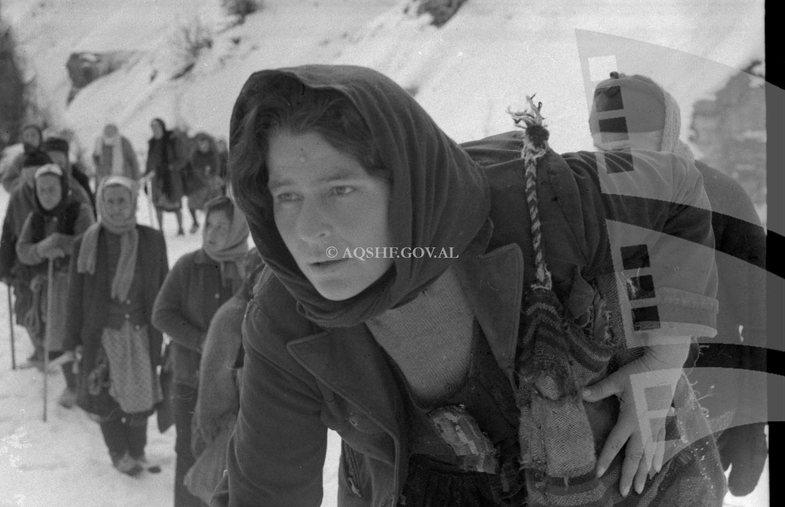
Equally popular were some of her roles in post-communist films, such as "We and Lenin" (Beti), "Bolero in the Old People's Villa" (Firdus). In 1997, she starred in the Greek film "Farewell", a work that won the Grand Prize at the International Mediterranean Film Festival in Thessaloniki.
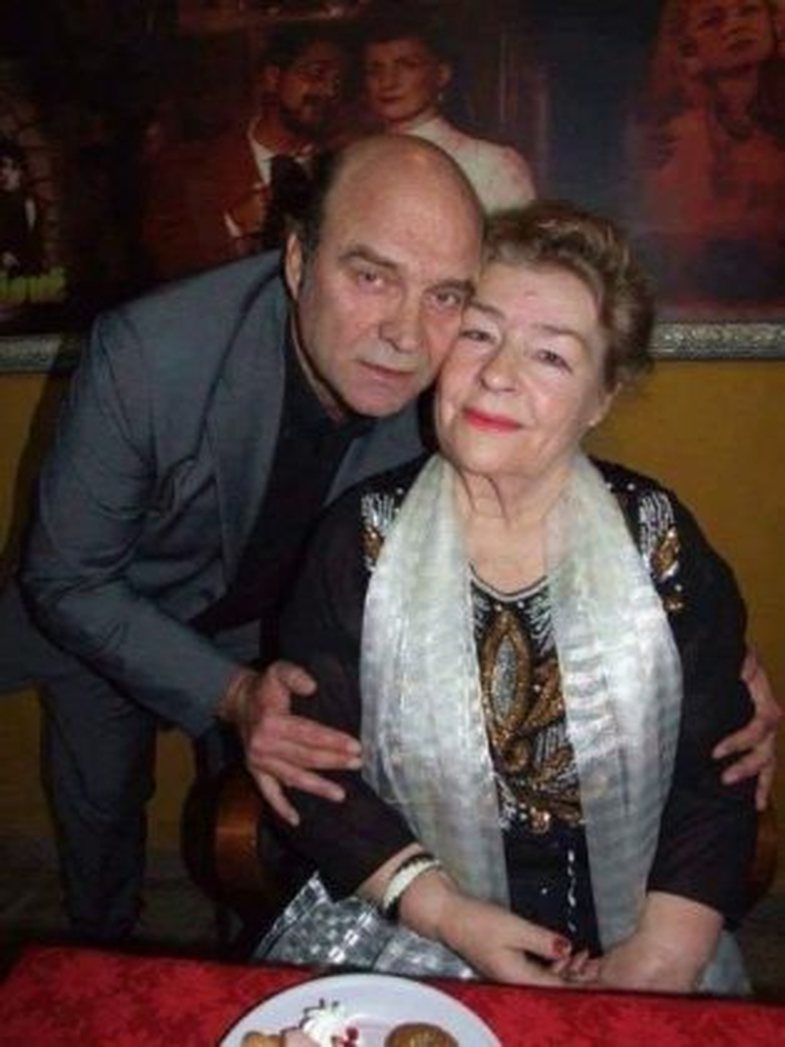
Life beyond the stage
In 1955, Xhepa married Xhavit Xhepa, with whom she shared her life until his death in 1987. From this marriage, she had two children, Sokol and the well-known actor, Ndriçim Xhepa.
Despite her fame, Margarita Xhepa always maintained a simple attitude and stayed away from media attention.
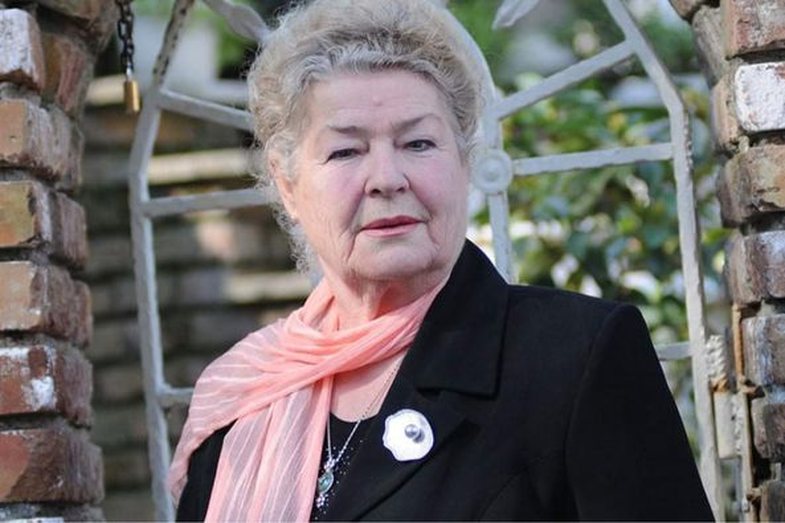
The legacy of a legend
Margarita Xhepa has been honored with the high artistic title, "People's Artist", a testament to her influence on Albanian cinema. The actress's performances will continue to be a source of inspiration for future generations, while her name will always remain an icon of cinema and theater.
Copyright Anabel.al / Reprinting without permission of the editorial staff is prohibited.





